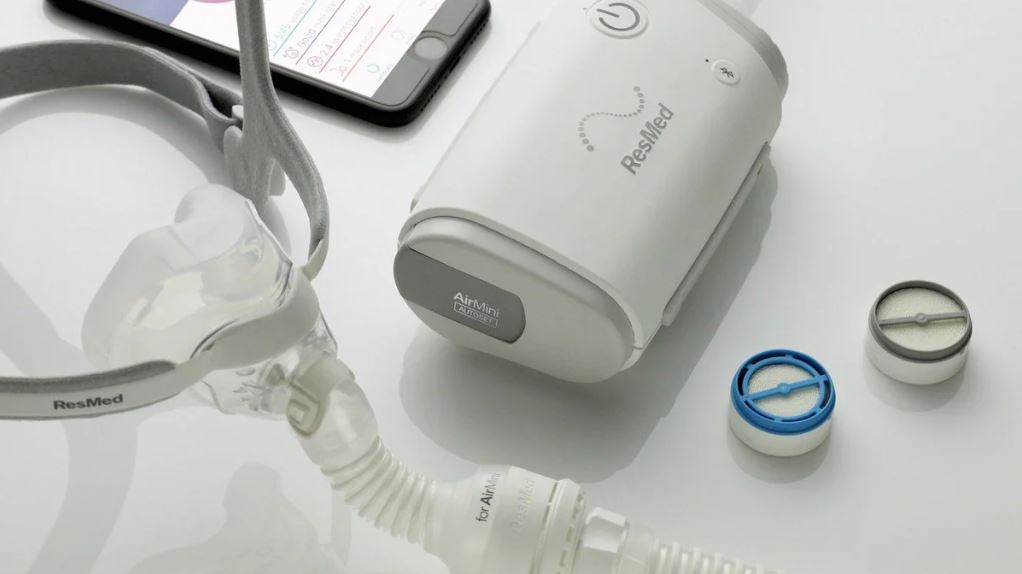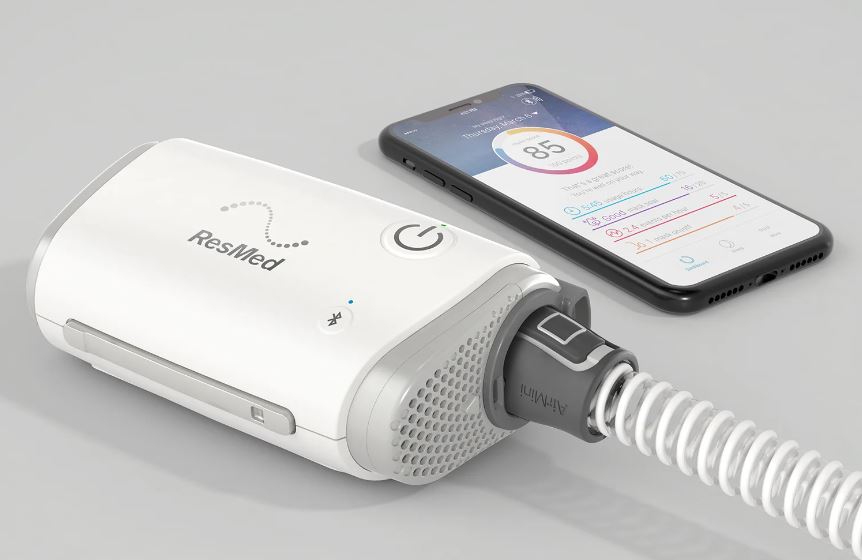Sleep is the foundation of good health, yet millions of people struggle to get quality rest due to sleep apnea—a common but often misunderstood sleep disorder. Thankfully, CPAP therapy (Continuous Positive Airway Pressure) has transformed lives by restoring restful, uninterrupted sleep.
In this ultimate guide, we’ll explore how CPAP machines work, their benefits, tips for comfort, and how they can help you reclaim your nights and improve your overall sleep health.
Understanding Sleep Apnea: The Silent Sleep Disruptor
Sleep apnea is a condition where breathing repeatedly stops and starts during sleep. This happens because the muscles in the throat relax too much, temporarily blocking the airway. As a result, oxygen levels drop, and the brain wakes you up—often without you realizing it.
Common Sleep Apnea Symptoms
- Loud, chronic snoring
- Gasping or choking during sleep
- Morning headaches
- Daytime fatigue or irritability
- Difficulty concentrating
If you’ve noticed these signs, it’s essential to undergo a sleep study, which helps diagnose sleep apnea and determine the right sleep apnea treatment for you.
What Is CPAP Therapy and How Does It Work?
CPAP therapy is the gold-standard treatment for obstructive sleep apnea (OSA). A CPAP machine delivers a continuous stream of pressurized air through a mask to keep your airways open while you sleep.
This steady airflow:
- Prevents airway collapse
- Improves oxygen flow
- Reduces snoring
- Helps you reach deeper, restorative sleep stages
Over time, consistent use of CPAP leads to better sleep quality, enhanced energy, and even reduced risk of heart disease linked to sleep apnea.
Real-World Impact: How CPAP Therapy Changes Lives
Many users describe their CPAP machine as “life-changing.” For example, one patient who suffered from extreme fatigue reported feeling alert and energetic within just two weeks of starting CPAP therapy. Another shared how their morning headaches vanished after consistent use.
These real experiences highlight the power of sleep medicine—simple, consistent therapy can transform how you feel and function daily.
Common Challenges and How to Overcome Them
While CPAP therapy offers incredible benefits, it can take time to adjust. Here are some common issues and practical fixes:
1. Mask Fit Problems
- Solution: Try different mask styles—nasal, full-face, or nasal pillows. Adjust straps for a snug but comfortable fit.
2. Dryness or Nasal Irritation
- Solution: Use a heated humidifier or nasal saline spray to add moisture and reduce dryness.
3. Air Pressure Discomfort
- Solution: Many CPAP machines feature “ramp” settings that start with lower pressure and gradually increase as you fall asleep.
4. Noise Disturbance
- Solution: Modern CPAP machines are whisper-quiet. If yours is noisy, check the tubing connections or consider upgrading to a newer model.
Consistency is key—stick with your therapy, and your body will gradually adapt.

Tips for Making CPAP Therapy More Comfortable
Starting CPAP therapy may feel awkward, but small adjustments can make a big difference:
- Use your CPAP every night — even during naps.
- Keep equipment clean to prevent skin irritation or infection.
- Practice relaxation techniques before bed to reduce anxiety about the mask.
- Try mask liners or CPAP pillows for added comfort.
- Celebrate small wins — every full night’s use is progress toward better health.
Why Consistency Matters for Long-Term Success
The biggest mistake new users make is giving up too soon. It can take a few weeks to fully adjust to sleeping with a CPAP machine. But the payoff is worth it—consistent CPAP use dramatically improves:
- Oxygen levels
- Heart health
- Mental clarity
- Daytime energy
- Mood stability
Over time, it becomes second nature—just another part of your healthy bedtime routine.
The Link Between Sleep Apnea and Overall Health
Untreated sleep apnea doesn’t just ruin your sleep—it impacts your entire body. It’s been linked to:
- Heart disease and high blood pressure
- Type 2 diabetes
- Stroke
- Depression and anxiety
By using a CPAP machine, you’re not just sleeping better—you’re protecting your long-term health.
When to Talk to a Sleep Specialist
If you’re struggling to adjust to CPAP therapy or still feel tired despite using it, talk to a sleep medicine specialist. They can review your sleep study results, adjust pressure settings, or recommend a different mask or machine. Sometimes, a small tweak can make all the difference in achieving healthy sleep.
Final Thoughts: Restoring Restful Nights
Sleep apnea may be common, but it’s not something you have to live with. With the right CPAP therapy, patience, and consistent effort, you can enjoy peaceful nights and energized mornings again.
Your CPAP machine isn’t just a medical device—it’s a tool for transformation, helping you breathe easier, sleep deeper, and live healthier.
FAQS
CPAP machines provide steady air pressure that keeps your airways open during sleep. This prevents breathing interruptions, reduces snoring, and improves oxygen levels—helping you wake up feeling refreshed and energized.
Skipping CPAP use can cause fatigue, morning headaches, and daytime sleepiness to return quickly. Regular, nightly use is essential for long-term benefits and maintaining healthy oxygen levels.
Yes. Alternatives include oral appliances, positional therapy, and in some cases, surgery. However, CPAP remains the most effective and widely recommended sleep apnea treatment for moderate to severe cases.
Replace the mask cushion every 1–3 months, tubing every 6 months, and filters monthly. Regular replacement ensures better hygiene, comfort, and air quality.

